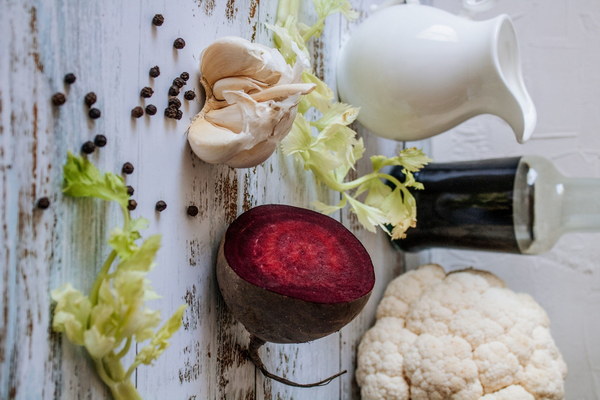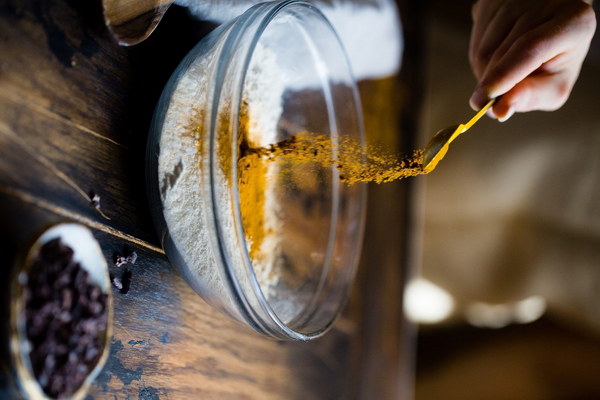Does Flower Tea Really Help in MoistureRelieving and SpleenNourishing
Flower tea has been a popular beverage in traditional Chinese medicine for centuries, with its numerous health benefits. One of the most sought-after effects of drinking flower tea is its potential to relieve moisture and nourish the spleen. But does it really work? Let's delve into this topic to uncover the truth behind the benefits of flower tea in moisture-relieving and spleen-nourishing.
Understanding Spleen and Moisture in Traditional Chinese Medicine
In traditional Chinese medicine, the spleen is an essential organ responsible for the transportation and transformation of nutrients, maintaining blood circulation, and supporting the immune system. When the spleen is weak, it can lead to various health issues, including fatigue, bloating, and digestive problems.
Moisture in TCM refers to dampness, a concept that describes an excess of fluid in the body. Excess dampness can lead to various health issues, such as joint pain, water retention, and weight gain.
The Role of Flower Tea in Spleen-Nourishing and Moisture-Relieving
Flower tea is made from the dried flowers of various plants and has been used in TCM to address various health concerns. The following are some of the flowers commonly used in flower tea and their potential benefits:
1. Chrysanthemum (Dong Qing Ye): Known for its cooling properties, chrysanthemum tea is believed to help relieve heat and moisture, reducing symptoms of dampness and promoting a healthy spleen.
2. Peony (Mu Dan Pi): Peony tea is said to have astringent and cooling properties, which may help alleviate dampness and nourish the spleen, thus improving digestion and reducing bloating.
3. Lily (Bai He): Lily tea is believed to have a soothing effect on the spleen, helping to alleviate dampness and improve digestion.
4. Rose (Mi Xue Ren): Rose tea is known for its calming and aromatic properties, which may help in moisture-relieving and spleen-nourishing, thereby reducing stress and promoting overall well-being.
Evidence-Based Benefits of Flower Tea
While traditional Chinese medicine attributes various health benefits to flower tea, scientific research has yet to fully validate these claims. However, some studies suggest that certain flower teas may offer the following benefits:
1. Antioxidant Properties: Many flower teas, such as chamomile and rose, contain high levels of antioxidants, which may help combat oxidative stress and reduce the risk of chronic diseases.

2. Digestive Health: Peony tea, for instance, has been found to have anti-inflammatory properties that may help improve digestion and alleviate symptoms of spleen-related issues.
3. Immune System Support: Chrysanthemum tea, with its cooling properties, may help boost the immune system and fight off infections.
Conclusion
While there is limited scientific evidence to support the traditional claims of flower tea in moisture-relieving and spleen-nourishing, many people have experienced positive effects from drinking these teas. Incorporating flower tea into your daily routine may offer various health benefits, including improved digestion, reduced dampness, and a strengthened immune system.
If you are considering adding flower tea to your diet, it is important to consult with a healthcare professional, especially if you have underlying health conditions or are taking medication. Remember that natural remedies should not replace medical treatment but rather complement it.









